Discover The Audio Long Read
The Audio Long Read

The Audio Long Read
Author: The Guardian
Subscribed: 41,906Played: 3,088,331Subscribe
Share
© 2026 Guardian News & Media Limited or its affiliated companies. All rights reserved.
Description
Three times a week, The Audio Long Read podcast brings you the Guardian’s exceptional longform journalism in audio form. Covering topics from politics and culture to philosophy and sport, as well as investigations and current affairs.
1348 Episodes
Reverse
Among the many people I met, there was a pervasive feeling of hopelessness and a sense that resistance is slowly becoming a memory By Ewen MacAskill. Read by Greg Stylianou-Burns. Help support our independent journalism at theguardian.com/longreadpod
Years of civil war have turned whole areas of the city into rows of empty husks. But after the fall of Assad, Syrians have returned to their old homes determined to rebuild By Ghaith Abdul-Ahad. Read by Mo Ayoub. Help support our independent journalism at theguardian.com/longreadpod
We are raiding the Guardian long read archives to bring you some classic pieces from years past, with new introductions from the authors. This week, from 2019: It’s not about foreign trolls, filter bubbles or fake news. Technology encourages us to believe we can all have first-hand access to the ‘real’ facts – and now we can’t stop fighting about it By William Davies. Read by Andrew McGregor. Help support our independent journalism at theguardian.com/longreadpod
In 1978, Soviet scientists stumbled upon a family living in a remote part of Russia. They hadn’t interacted with outsiders for decades. Almost half a century later, one of them is still there By Sophie Pinkham. Read by Olga Koch. Help support our independent journalism at theguardian.com/longreadpod
Scientists and philosophers studying the mind have discovered how little we know about our inner experiences Written and read by Michael Pollan. Help support our independent journalism at theguardian.com/longreadpod
We are raiding the Guardian long read archives to bring you some classic pieces from years past, with new introductions from the authors. This week, from 2022: Idealising the past is nothing new, but there is something peculiarly revealing about the way a certain generation of Facebook users look back fondly on tougher times By Dan Hancox. Read by Dermot Daly. Help support our independent journalism at theguardian.com/longreadpod
Decisions outsourced, chatbots for friends, the natural world an afterthought: Silicon Valley is giving us life void of connection. There is a way out – but it’s going to take collective effort By Rebecca Solnit. Read by Laurel Lefkow. Help support our independent journalism at theguardian.com/longreadpod
Whether it’s the financial crash, the climate emergency or the breakdown of the international order, historian Adam Tooze has become the go-to guide to the radical new world we’ve entered By Robert P Baird. Read by James Sobol Kelly. Help support our independent journalism at theguardian.com/longreadpod
We are raiding the Guardian long read archives to bring you some classic pieces from years past, with new introductions from the authors. This week, from 2022: A new wave of scientists argues that mainstream evolutionary theory needs an urgent overhaul. Their opponents have dismissed them as misguided careerists – and the conflict may determine the future of biology By Stephen Buranyi. Read by Andrew McGregor. Help support our independent journalism at theguardian.com/longreadpod
When the new premier of the British Virgin Islands said he needed an armed security detail, his chief of police knew trouble was on its way By Edward Siddons. Read by Simon Darwen. Help support our independent journalism at theguardian.com/longreadpod
The president has vowed to kill off ‘woke’ in his second term in office, and the venerable cultural institution a few blocks from the White House is in his sights By Charlotte Higgins. Read by Evelyn Miller. Help support our independent journalism at theguardian.com/longreadpod
We are raiding the Guardian long read archives to bring you some classic pieces from years past, with new introductions from the authors. This week, from 2018: snowflake students have become the target of a new rightwing crusade. But exaggerated claims of censorship reveal a deeper anxiety at the core of modern conservatism By William Davies. Read by Lucy Scott. Help support our independent journalism at theguardian.com/longreadpod
Ten years after I first followed the proposed route, I retraced my steps to see what life was like along the world’s most expensive, heavily delayed railway line By Patrick Barkham. Read by Dermot Daly. Help support our independent journalism at theguardian.com/longreadpod
A rise of murders is traumatising inmates and staff, and making life harder for staff. But even in prison, violence isn’t inevitable Written and read by Alex South. Help support our independent journalism at theguardian.com/longreadpod
We are raiding the Guardian long read archives to bring you some classic pieces from years past, with new introductions from the authors. This week, from 2022: For years Tsang Tsou-choi daubed his eccentric demands around Hong Kong, and the authorities raced to cover them up. But as the city’s protest movements bloomed, his words mysteriously reappeared Written and read by Louisa Lim. Help support our independent journalism at theguardian.com/longreadpod
Days before we ran interviews with gang leaders describing their alleged ties to Nayib Bukele’s government, we left the country to avoid arrest. We fear our exile will never end This story, republished with permission, was originally run by El Faro English By Óscar Martínez and Carlos Martínez. Help support our independent journalism at theguardian.com/longreadpod
During the conflict, the Damascus suburb became a killing field. But some of Assad’s henchmen are still around – and even working with the new government By Melvyn Ingleby. Read by Selva Rasalingam. Help support our independent journalism at theguardian.com/longreadpod
We are raiding the Guardian long read archives to bring you some classic pieces from years past, with new introductions from the authors. This week, from 2021: one of Britain’s most influential scholars has spent a lifetime trying to convince people to take race and racism seriously. Are we finally ready to listen? By Yohann Koshy. Read by Dermot Daly. Help support our independent journalism at theguardian.com/longreadpod
The author has been explaining Sichuan cuisine to westerners for decades. But ‘Fu Xia’, as she’s known, has had a profound effect on food lovers in China, too By Leslie T Chang. Read by Ginnia Cheng. Help support our independent journalism at theguardian.com/longreadpod
Still largely viewed as a peaceful philosophy, across much of south-east Asia, the religion has been weaponised to serve nationalist goals By Sonia Faleiro. Read by Dinita Gohil. Help support our independent journalism at theguardian.com/longreadpod





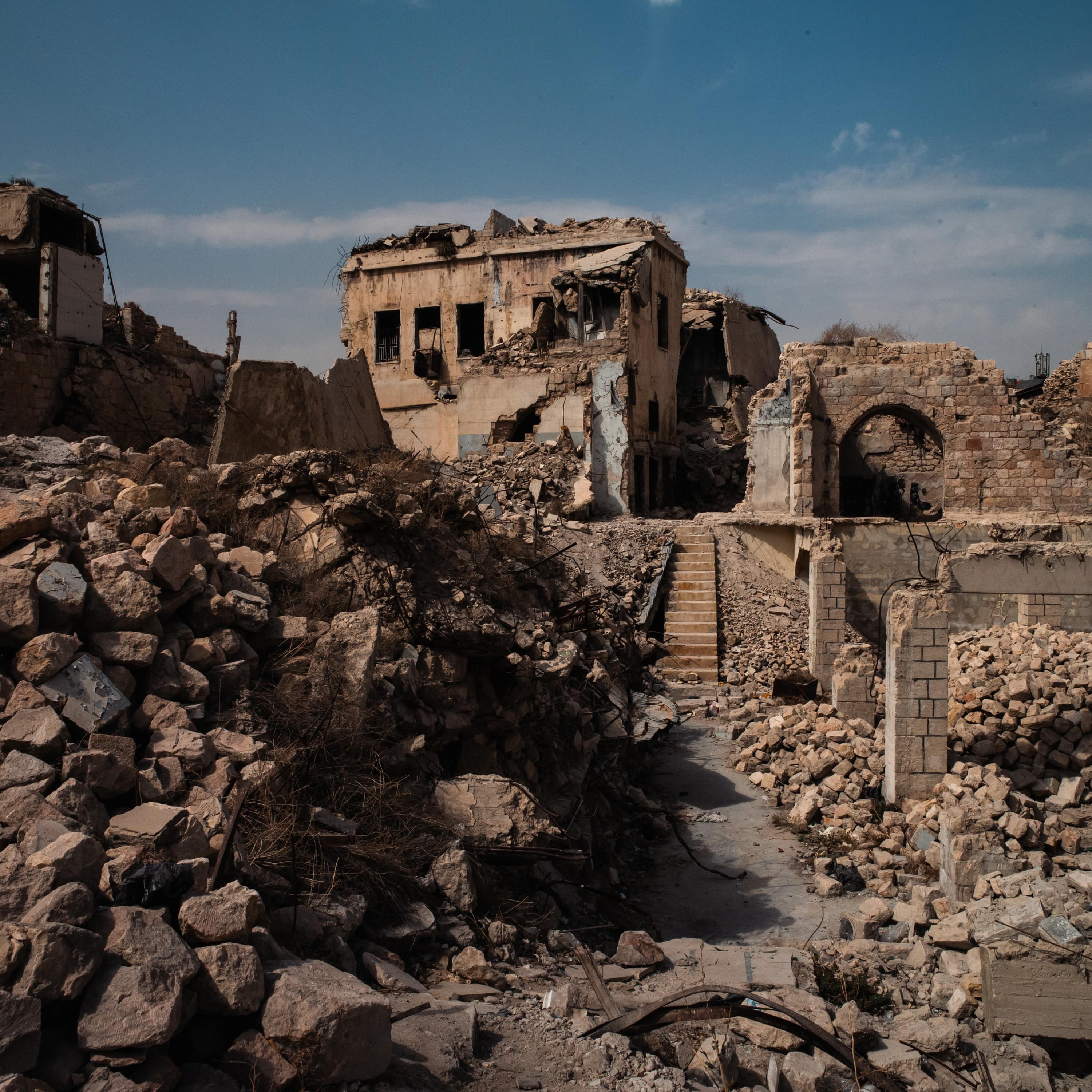

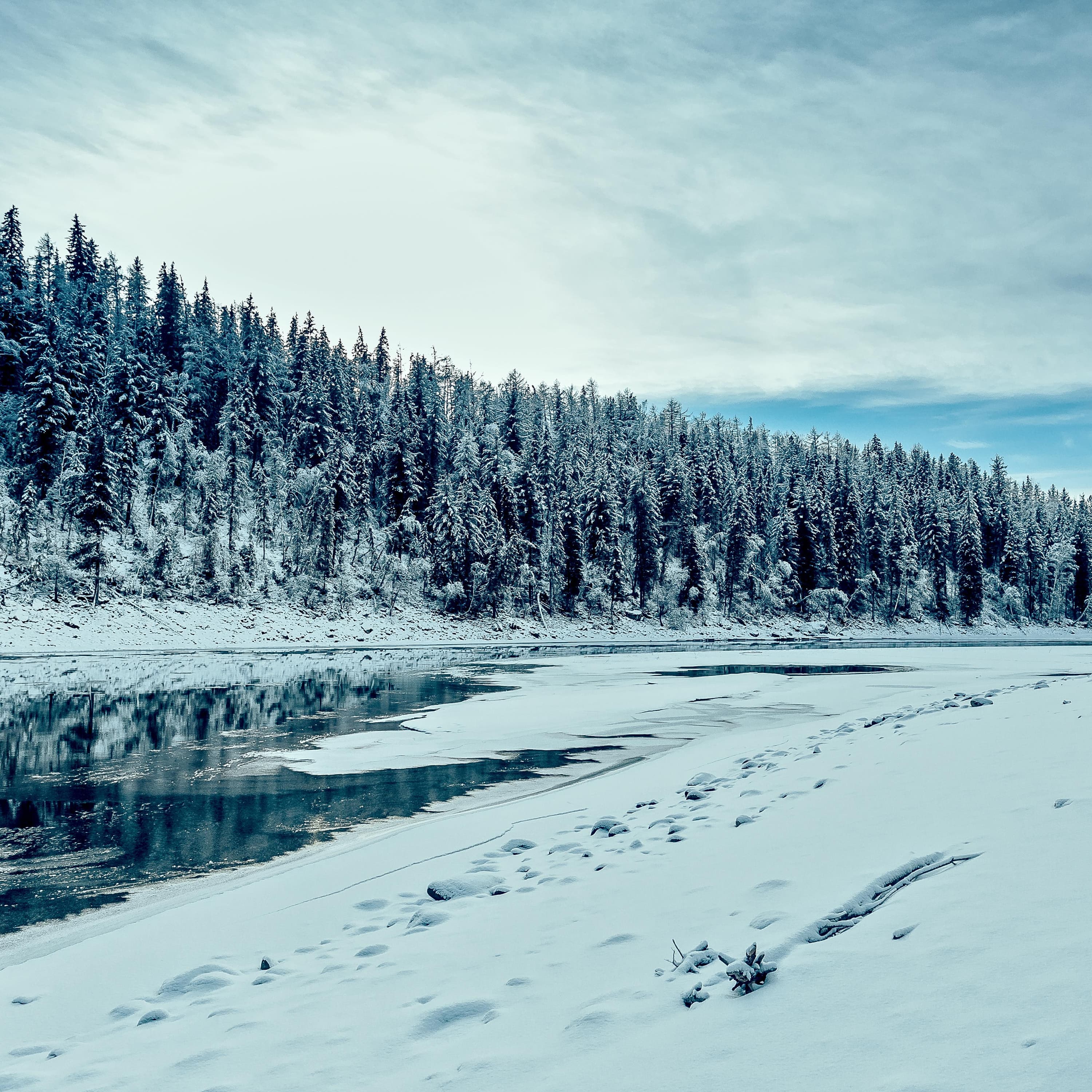
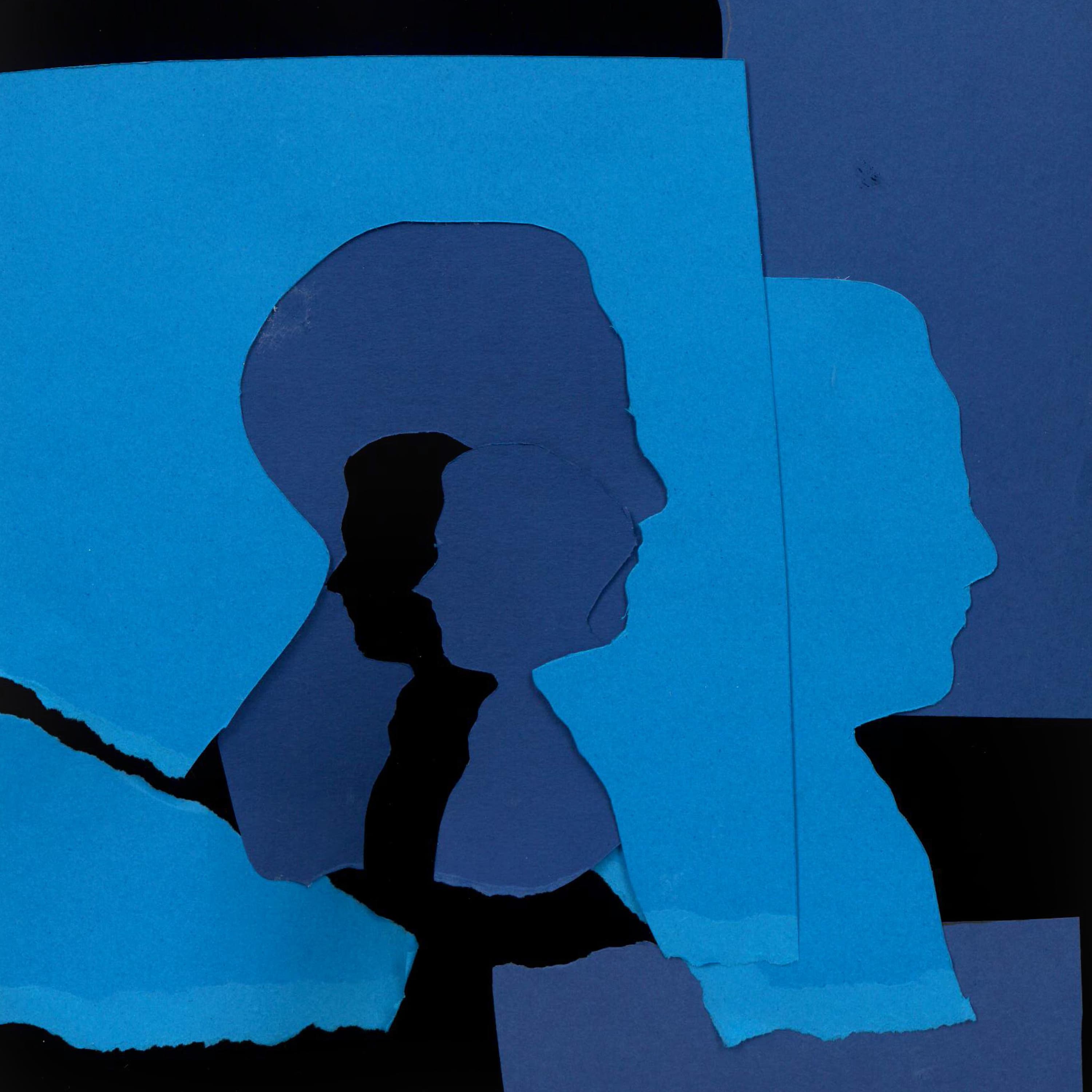

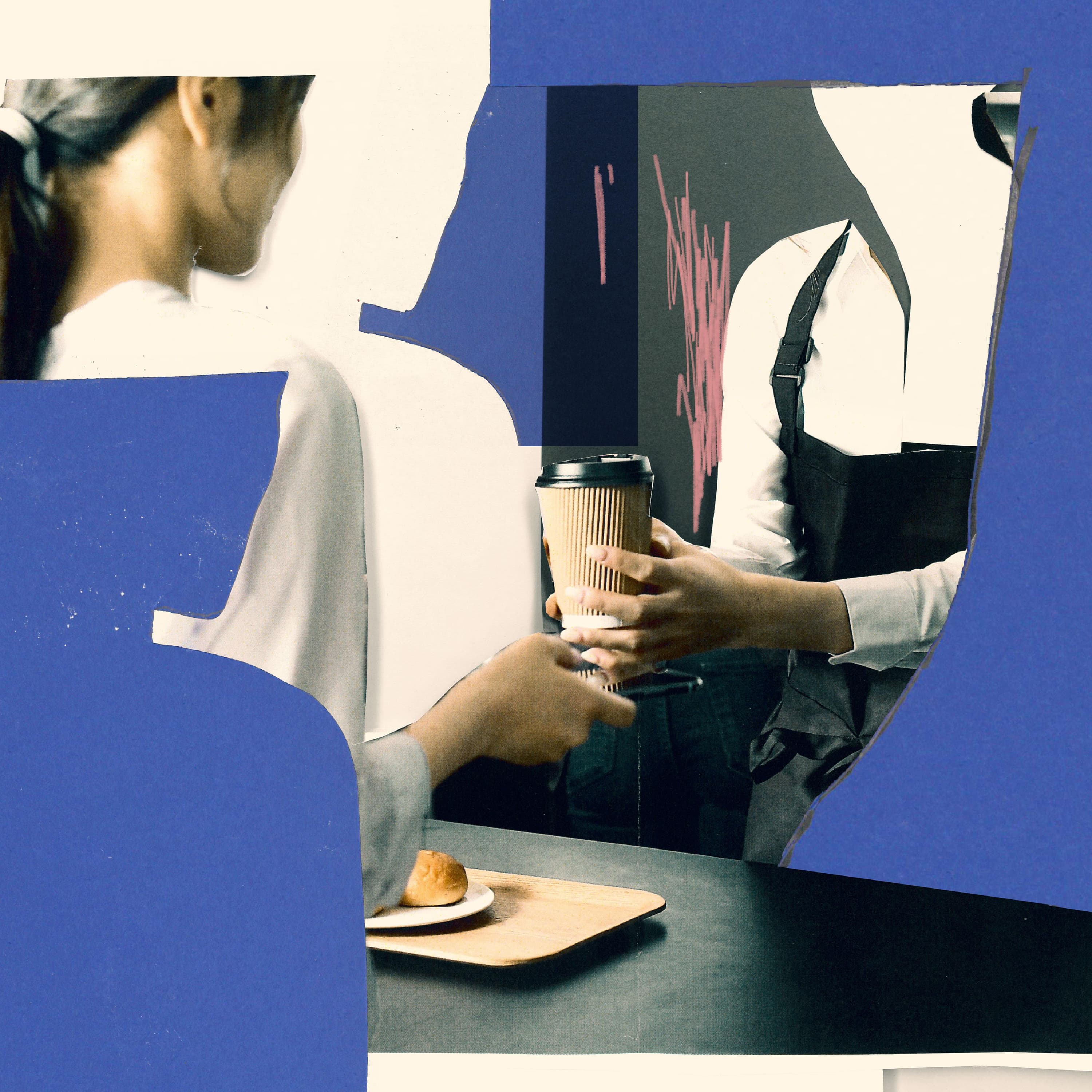
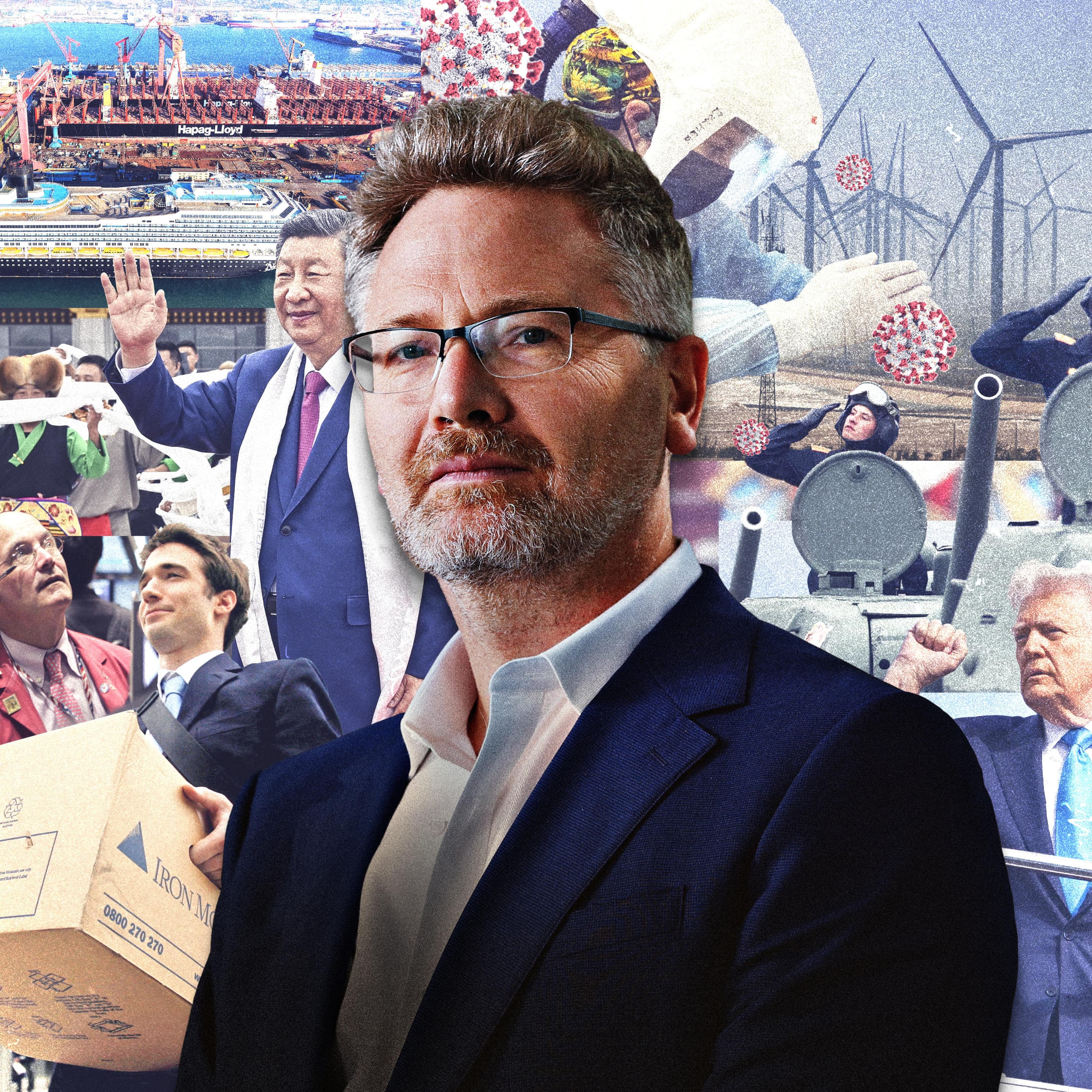
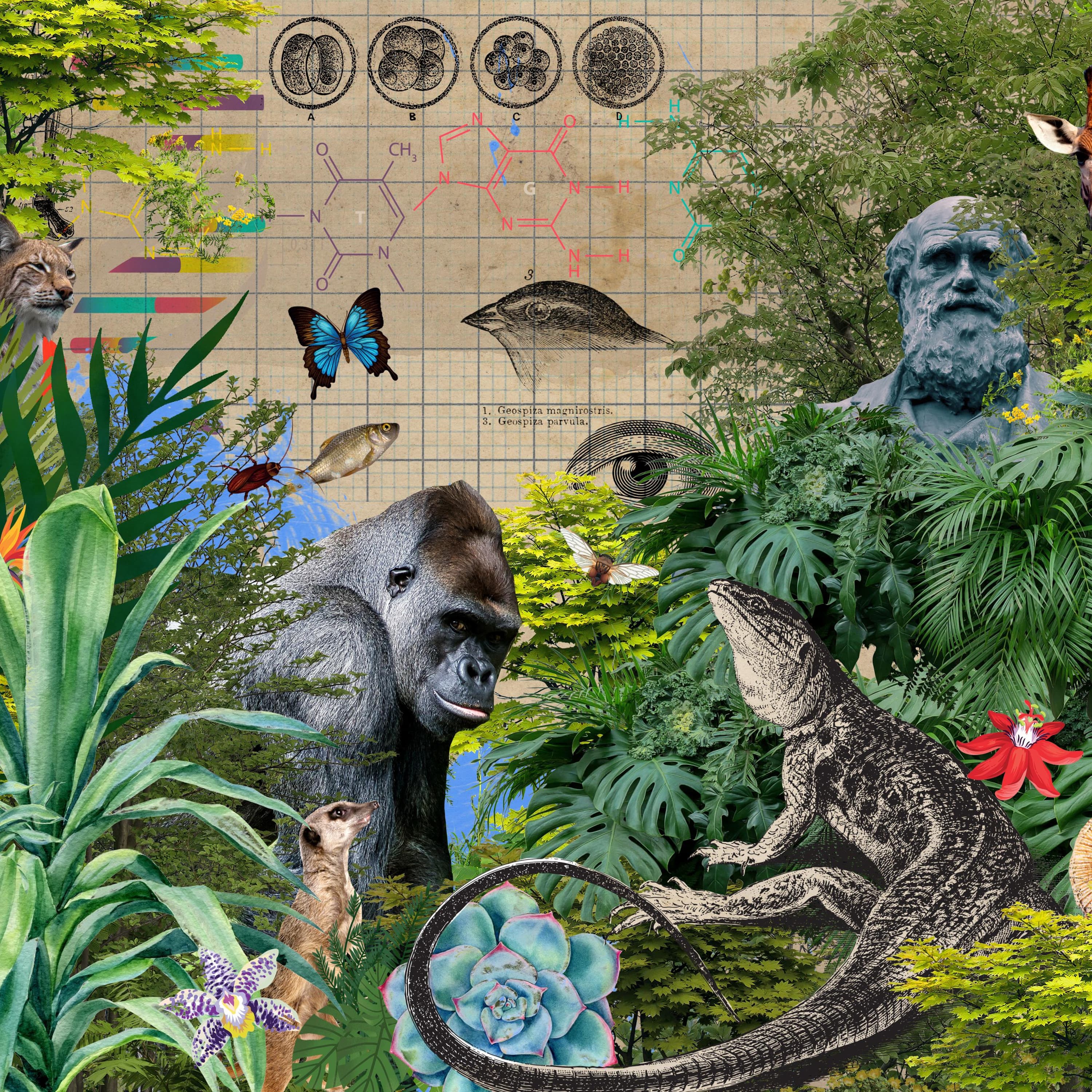

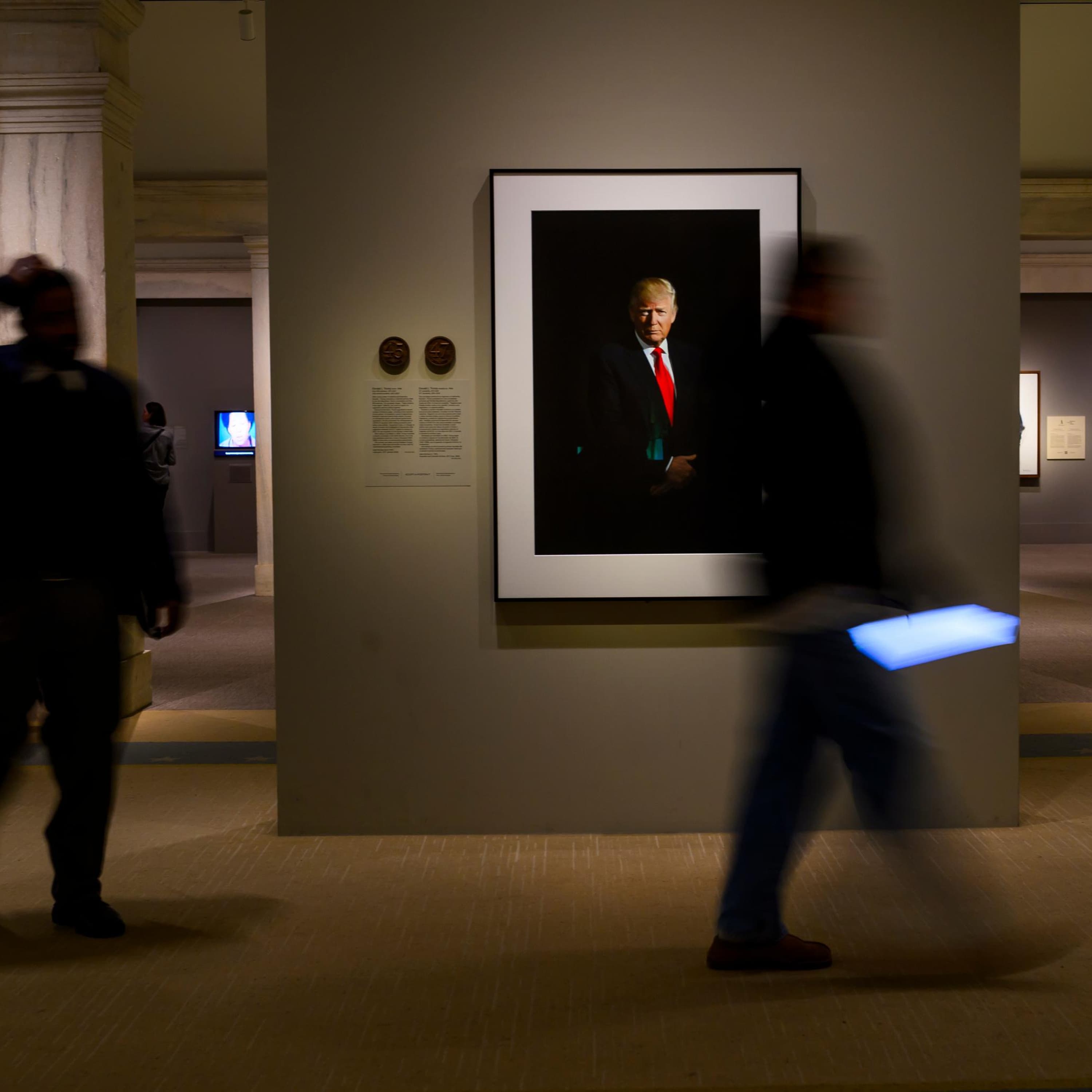

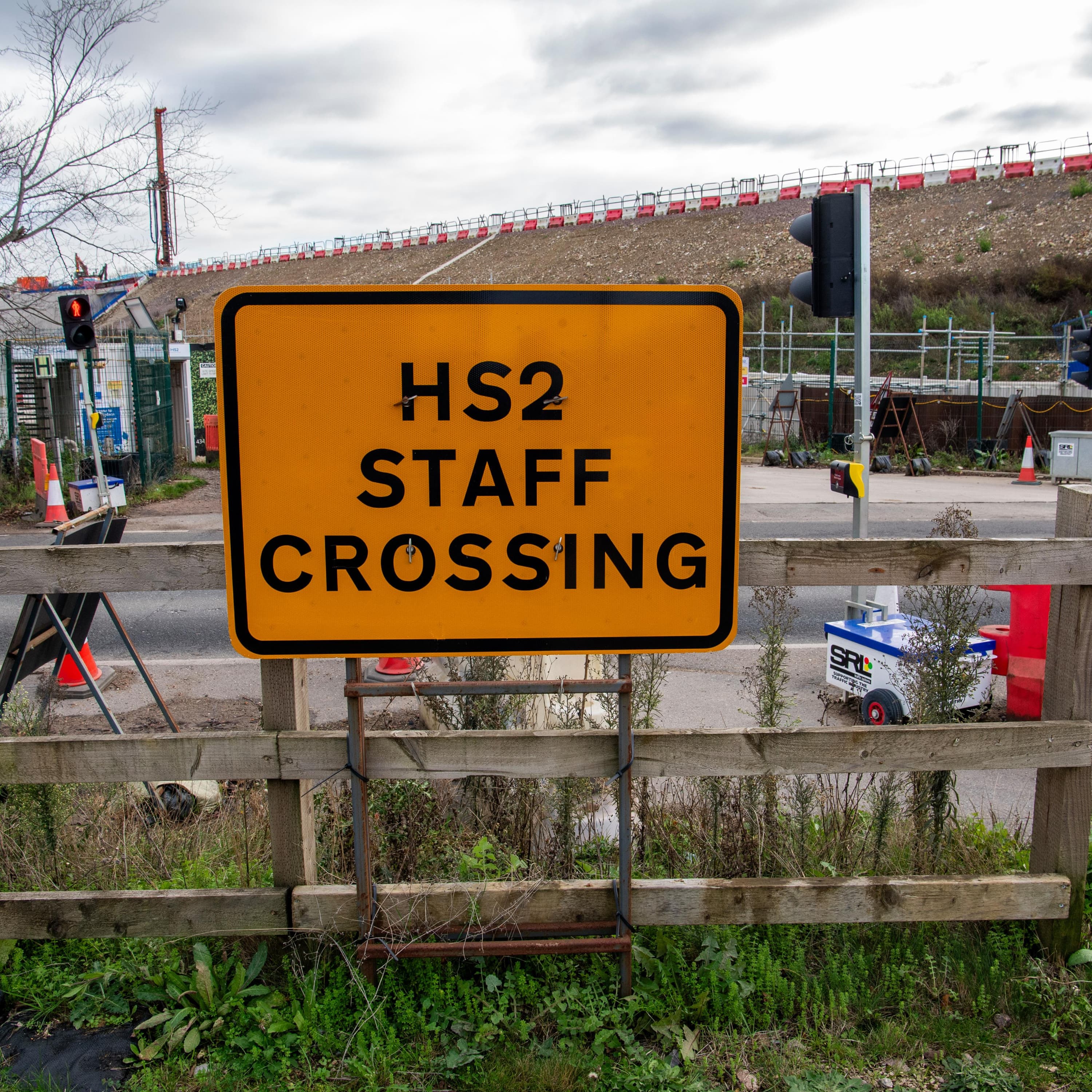
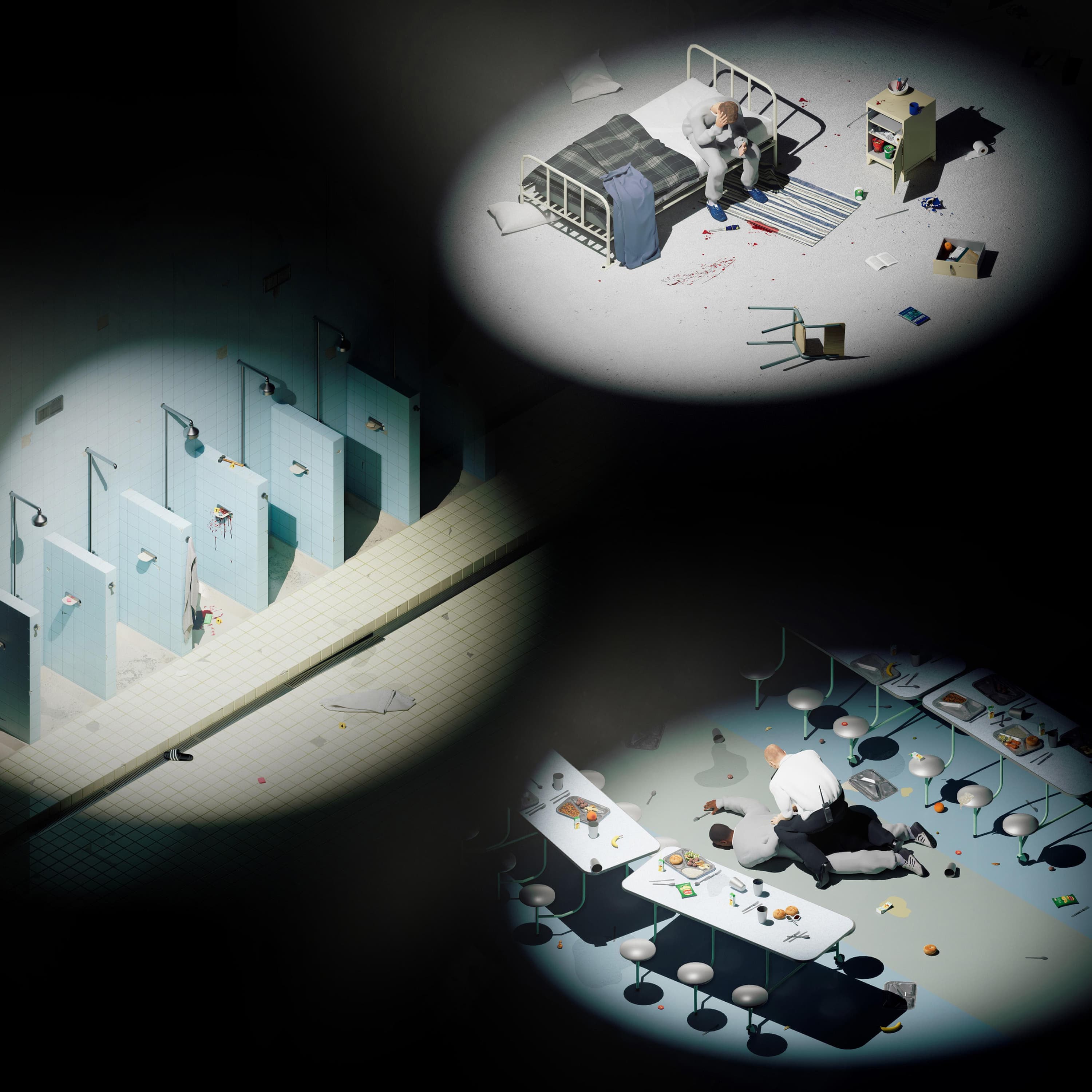


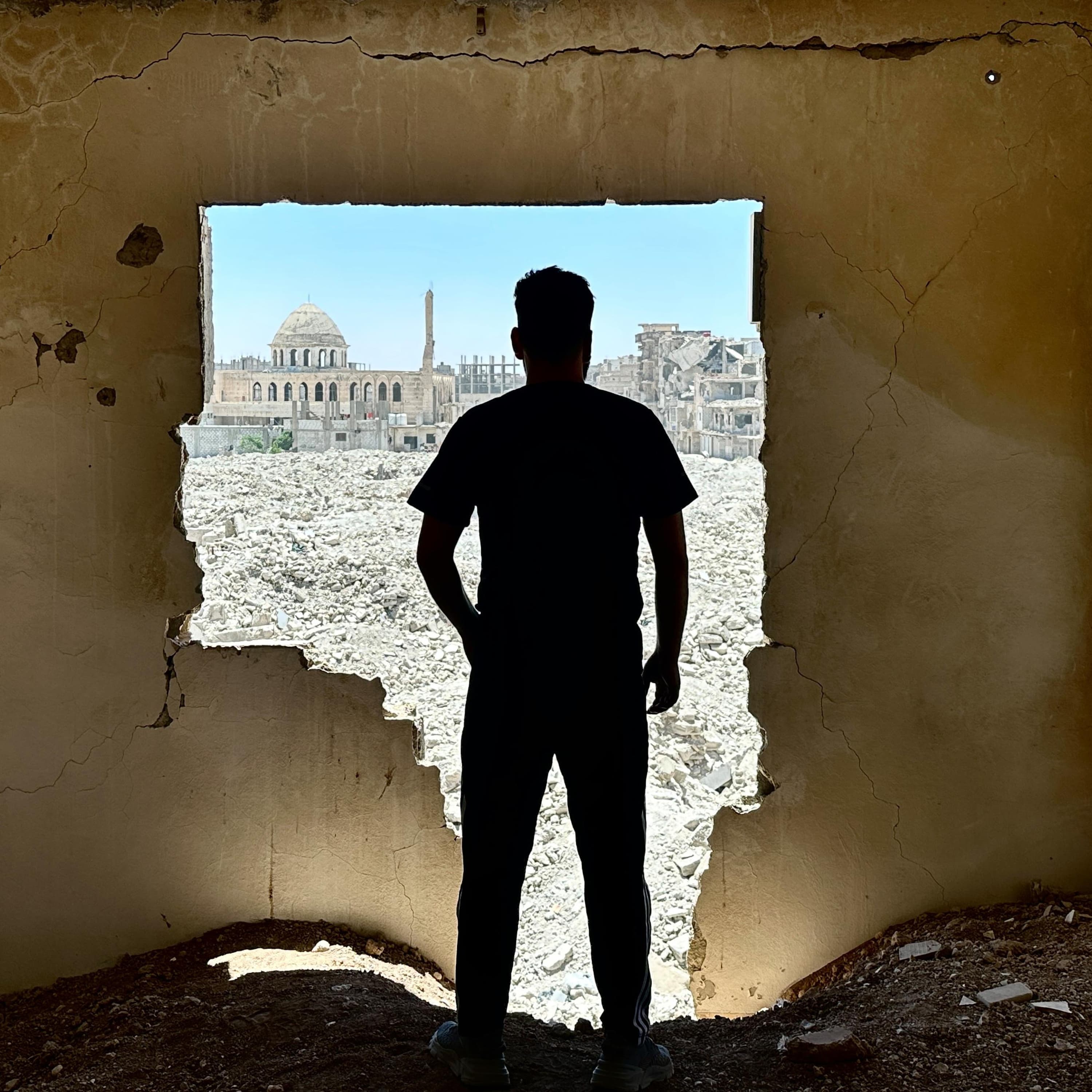
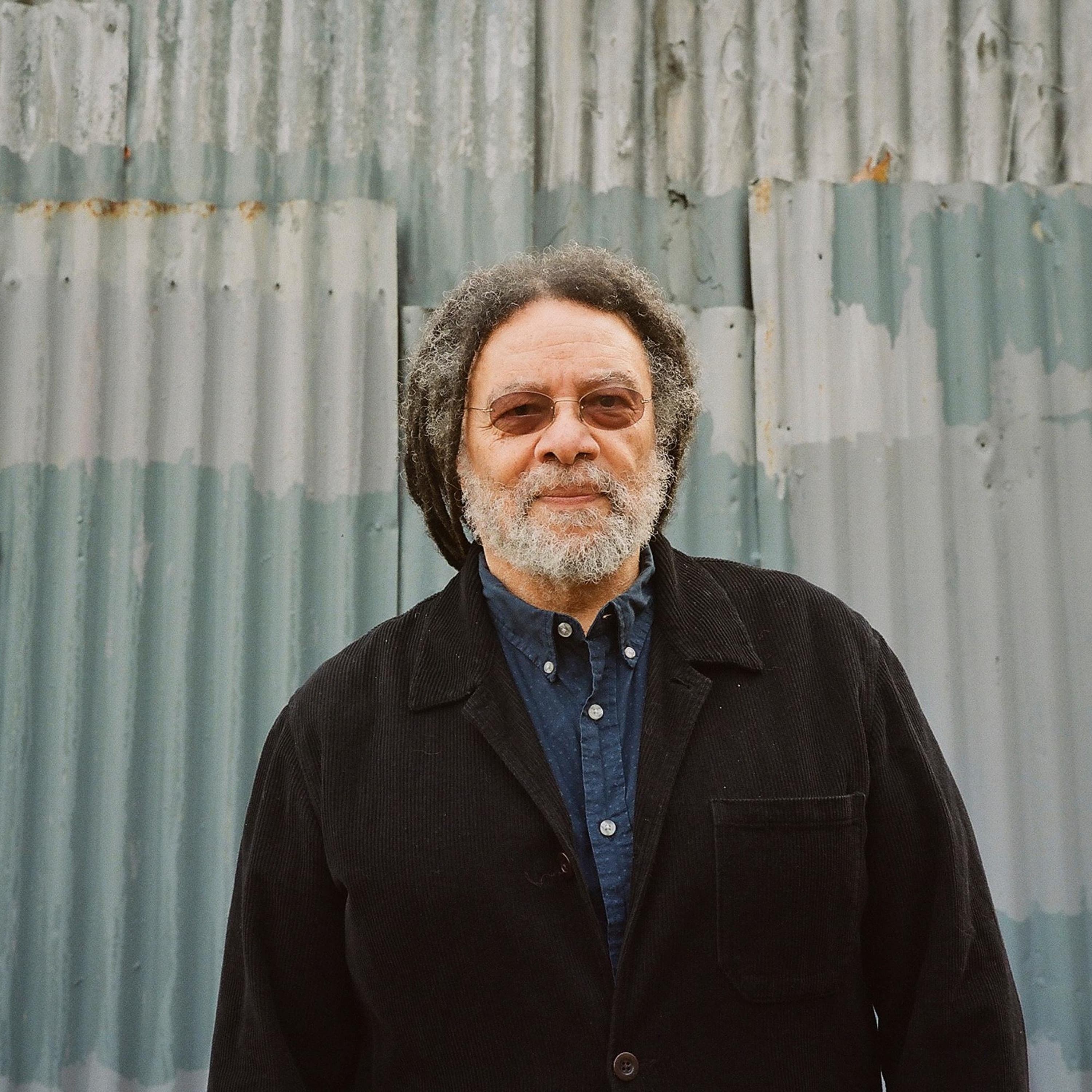





Excellent commentary on the 2010s, now I need a retrospective on the 20s in light of it.
I dunno why but I listened to this one twice.
please stop promoting "comfort eating". This is a form of self-harm, like comfort-drinking! Obesity is a huge problem and is often caused by "comfort-eating"
comfort eating is dysfunctional self-harm
Funny, all the fuss about towels and air-dryers, when we inoculate our hands on the toilet door handle when we leave the toilets.
I really don't want to hear Grace Dent promoting "comfort eating". As though that is a good thing!
Bringing change is so difficult. A professor of mine said extremists move the public opinion to roughly average of the two extremes (i.e. it's needed). Though personally I hate when people alienate others as it ultimately doesn't help the cause - I agree with the thoughts of this author! I've done a lot of work on framing and it is so, so important.
Why the accent???
mostly talks about his father's cancer. not an easy listen
listening in 2024 ... wrenched my heart to hear all the optimistic predictions that Iran never even came close to.
If this guy thinks there are no nazis in Ukraine he has rocks in his head
is this an AI generated narrator?
Galapagos is a province of Ecuador. Stating that something was found between the former and the latter is equivalent to misguiding listeners by citing the Midlands and England as two separate entities.
I really loved this episode, which pays tribute to Nichola Saunders - a largely forgotten figure who gave the UK so much. But I found it incredibly distracting to hear reasonably well known words mispronounced: cherubim, artisanal, homogeneous (it has 5 syllables not 4) or US pronunciations of words (cedre) by an obviously British reader why don't the editors correct these mispronunciations, as they would misspellings in a written article?
One of the weakest GLRs I've heard. Irritating and uninsightful.
One of my favourite podcasts recently. Great journalism, fascinating diverse stories and excellent production. Well done, The Guardian.
Very half-baked theories based on no facts, can't believe this got printed!
One of the sadest episodes I've ever heard. The whole thing is a piece of spoken word poetry, from the reading to the writing, it's beautiful and gut wrenching.
While JK is very difficult to eradicate, we have had great success in controling it's spread and massively reducing its prevalence in our part of East Ayrshire along the River Annick. Work done more than ten years ago within the Ayrshire Rivers Trust, the body tasked with control of the big 3 in non native invasive plant species, (JK, GH and HB) showed that spraying once with glyphosate (Roundup) in the approximately six week period between the appearance of the flowers and the first hard frost gave a very high (95% plus) reduction in the reappearance of JK stems the following spring. The ART funded SEPA accredited spraying training for volunteer groups to enable safe spraying operations along sensitive watercourses, and provided equipment, herbicide and appropriate PPE. They got much more bang for their buck this way than by using commercial spraying firms, but it is dependent on a volunteer labour force willing to undertake training and supply their labour in this most effective six
an idea: https://www.wildwalks-southwest.co.uk/eating-japanese-knotweed/